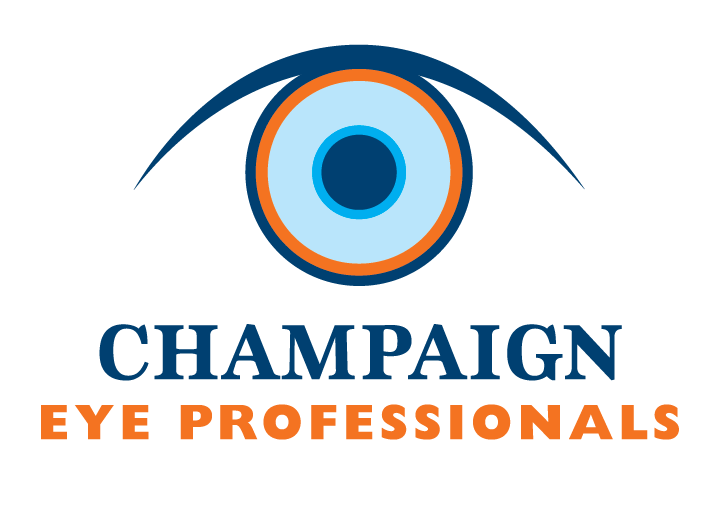What You Should Know About Cross-Eyes
Cross eyes, known as strabismus in the medical community, isn’t an extremely common condition, but it does affect up to 5% of the population. While usually associated with children under the age of six, it can technically affect adults as well. We’ll look at what you should know about this disorder, and how a comprehensive eye exam in Champaign, IL may be able to help alleviate its ill effects.
Eyes Can Point in Any Direction
Cross eyes technically refer to any alignment issues, meaning that instead of both eyes looking at one object, one eye may turn up, down, left, or right. The types of cross-eyed conditions are differentiated by how the eye is pointed. However, the most common version of cross-eye, where both eyes look inward, is called esotropia.
Cross Eyes Are Often Caused by Muscle or Nerve Disorders
Cross-eye usually stems from issues with the eye muscles and the nerves controlling eye movement, though brain abnormalities or medical conditions can also be underlying causes. If an adult or child has cross-eyes, they often have double vision, poor depth perception, and even vision loss in one eye (known as lazy eye).
Cross Eyes Can Be Treated in Champaign, IL
Cross eyes sometimes correct themselves on their own. Other times, they’ll need intervention from an eye doctor in Champaign, IL. You can find non-surgical ways to treat cross eyes from glasses to eye exercises to vision therapy. If these treatments fail to correct the issue, there are also surgeries that can correct the eyes muscles (though this is a last resort for medical professionals). If you have questions about your or your child’s condition, the team at Champaign Eye Professionals can help you figure out the next steps!





